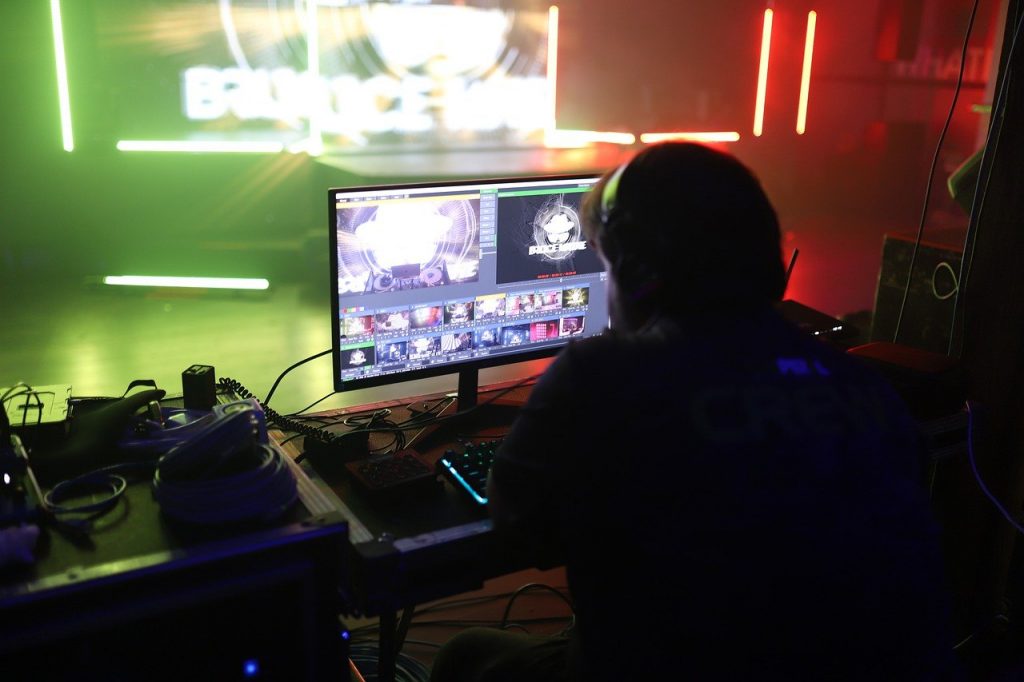In the previous two decades, the video game business has seen significant changes. It is not limited to a single room or a small group of people playing a multiplayer game. It has broken through barriers, and streaming services like Twitch, Mixer, and YouTube Gaming are gaining traction. Viewership on these platforms has risen throughout the COVID-19 period, as it has become a way of gaining popularity, as well as a wealthy living, by creating material to feature on these platforms.
Copyrights and Video Game
A video game is made up of several components that work together to provide the user with a satisfying experience. The fundamental components are programmable software that provides a user interface for the gamer. A video game’s contents are copyrightable, but the game’s theme or idea is not. The fact that there is no copyright on the idea, theme, or concept, but only on the expression of an idea, is crucial to copyright protection.
Characters, gameplay, graphic designs, sounds, music, and program codes are all examples of copyrightable video game content. Characters must have a distinct expression in order to be copyrightable. Because video games represent the concept of a character, they are protected by copyright. The game and character of Mario are owned by Nintendo, a video game business.
Gameplay refers to how a player interacts with a game. It contains information on the game’s storyline, stages, and obstacles, among other things. Though there is no copyright in a subject or storyline, specifics of the expression, such as the plot or concept of the game, might be used to determine if copyright has been violated. The sounds and music of the game are protected by copyright. The background music of Mario is well-defined and varied for each level, including the Mario main theme, which was written by Koji Kando. Sound effects from specific activities or characters in the game, such as the sound of collecting money or shooting the adversary, are all protected by copyright.
Streaming video games
Companies like YouTube and Twitch already allow users to live broadcast video games on their platforms. An outlay on a standard streaming platform often consists of a broadcast of a video game that takes up the bulk of the screen space, the streamer visible in one corner of the screen, and other outlays such as conversations, donations, or objectives on the screen’s edge. The goal of the webcast is to highlight the video game itself.
The storyline, audio, music, and video of the game are broadcast in the public domain when the streamer live broadcasts it, which is considered a copyright violation. However, this is contingent on the user’s policy or agreements with the game developer. Gamers are encouraged to share their games by companies like Sony and Microsoft. Nintendo, China NetEase, and League of Legends, on the other hand, have a stringent copyright policy that states that the copyright owner must approve the dissemination of game material, and that any illegal live streaming can render the broadcaster or streamer responsible for copyright infringement.
Despite the fact that corporations are well aware of their copyright in video games, they have their own justifications for ignoring such violations. Gamers that review or play the game on sites like YouTube or Twitch are directly or indirectly promoting the firms and their games. This aids businesses in attracting more customers and increasing sales. This revenue is generated not just by the game creator and the player, but also by the platforms where streaming occurs. These platforms make money by selling advertising or drawing visitors to their websites. In conjunction with the corporations, they also pay players to play games on their platform. As a result, businesses turn a blind eye to the problem.
Be cautious while streaming
Not all video game streaming is protected by fair use. If the game developer’s policy and agreement do not allow such promotional practices, some measures must be taken while streaming. First and foremost, the streamer should not stream the entire video game; it should not be a significant portion of the game. The gamer will be held responsible for copyright infringement if they stream the entire game or a significant portion of it. The streamer must continually evaluate the game, and the audience must constantly remark on it, in order for it to be regarded as a derivative work, and for the game, review to draw the defense of fair use. If the streamer just plays the game silently without any comment or chat on the screen then it could attract copyright infringement. Lastly, the streamer should avoid using the platform for commercial purposes directly.
Conclusion
Many copyright concerns have arisen as a result of the increased broadcasting of video games. While such streaming may be deemed a copyright infringement, there is a limited defense of fair use available. For the video game streaming business, licensing is the greatest defense against probable infringement battles. Protecting such streaming is vital since it is an expression that enhances both streamers’ creative careers and viewers’ cultural interests. In copyright law, there is a need for further clarification regarding video game streaming.
The list of Global IP Firms can be found here.
